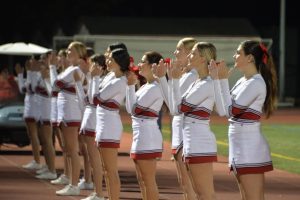The future of travel is here
April 5, 2016
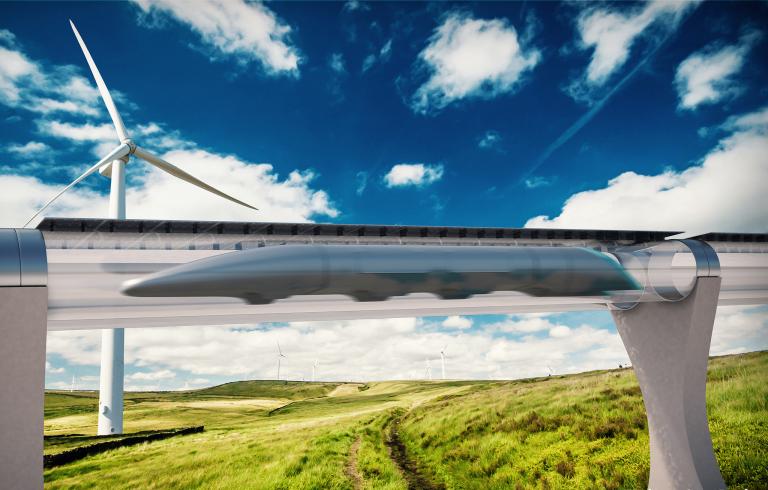
Often times we watch science fiction movies set in the future and wonder when our world will reach a point where flying cars are an ordinary part of life. It appears that “the future” we all picture is, in fact, not too far away. Engineers at the Massachusetts Institute of Technology have been developing and researching ways to make a new form of travel called sonic tubular travel a reality.
The emergence of the idea behind tubular travel was proposed by Elon Musk, CEO of Tesla Motors and founder of SpaceX. In August 2013, Musk released a paper detailing the original workings of the hyperloop and sparked the idea in the technological community. The Hyperloop operates by shooting a pod or capsule through a low-pressured tube. Under these conditions the capsule would travel at around 760 miles per hour. At such a speed, Musk proposed that the Hyperloop would be able to transport passengers from San Francisco to Los Angeles in thirty minutes.
The construction of this new mode of transportation, estimated to cost around $6 billion, would have profound effects on the lives of many Americans. Junior Amanda Teoman expressed her excitement towards having the opportunity to quickly visit family members in Southern California, “This would be a plus for me personally because the process of planning a trip via airplane or car isn’t as efficient as a train ride would be. It would be awesome to be able to travel there and back in one day, and I would much more frequently visit my sister if I had opportunities like this.”
Along with having personal benefits to the population, the Hyperloop would also impact the careers of Americans and expand industries.
“I think it will positively impact the lives of Americans because it’s a convenient way to travel… and it allows people to apply for jobs farther away from their homes,” junior Madison Fawcett said.
Since sharing the idea, groups such as Hyperloop Transportation Technologies Company and the MIT Hyperloop Team has emerged and are extensively working towards making the idea a reality.
On the weekend of January 29th, Musk held a competition at Texas A&M University in which hundreds of universities across the country submitted in designs for the Hyperloop. MIT won first place and the team plan to enter their prototype in the finale stage of the Hyperloop Pod Competition this summer.
The creation of the hyperloop would revolutionize what it means to travel. The definition of space and time would essentially change as our world today becomes smaller and we can get to different places faster.

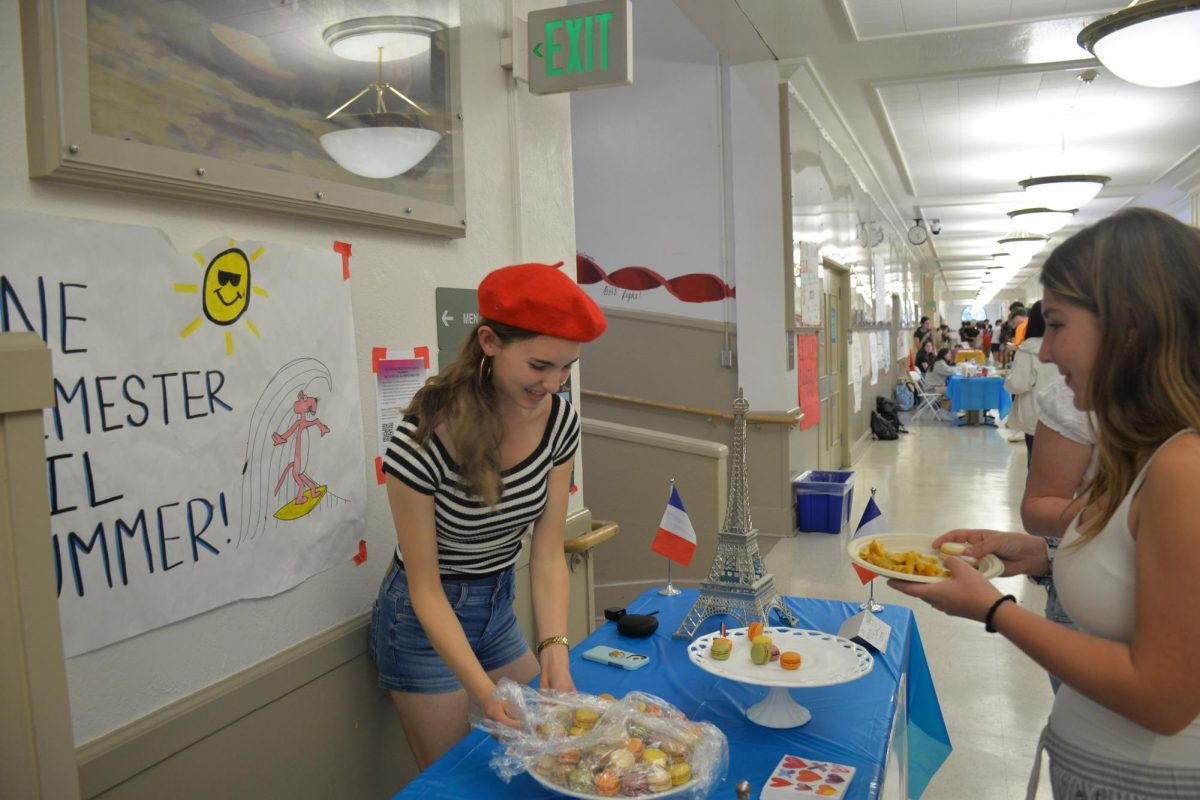
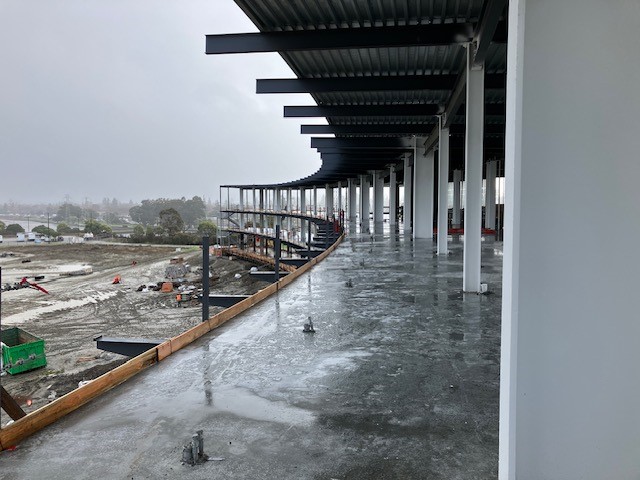

![WASC looks for more than the basic California State standards. According to chairperson Mike Woo, “As new rules and new concerns come up through society, [WASC] look[s] is the school doing something about that. Like the biggest trend post-COVID is mental wellness. So is your school doing something to address the mental health of the students? Along with are they still doing the proper academics?”](https://theburlingameb.org/wp-content/uploads/2024/03/IMG_3401-1200x1200.png)
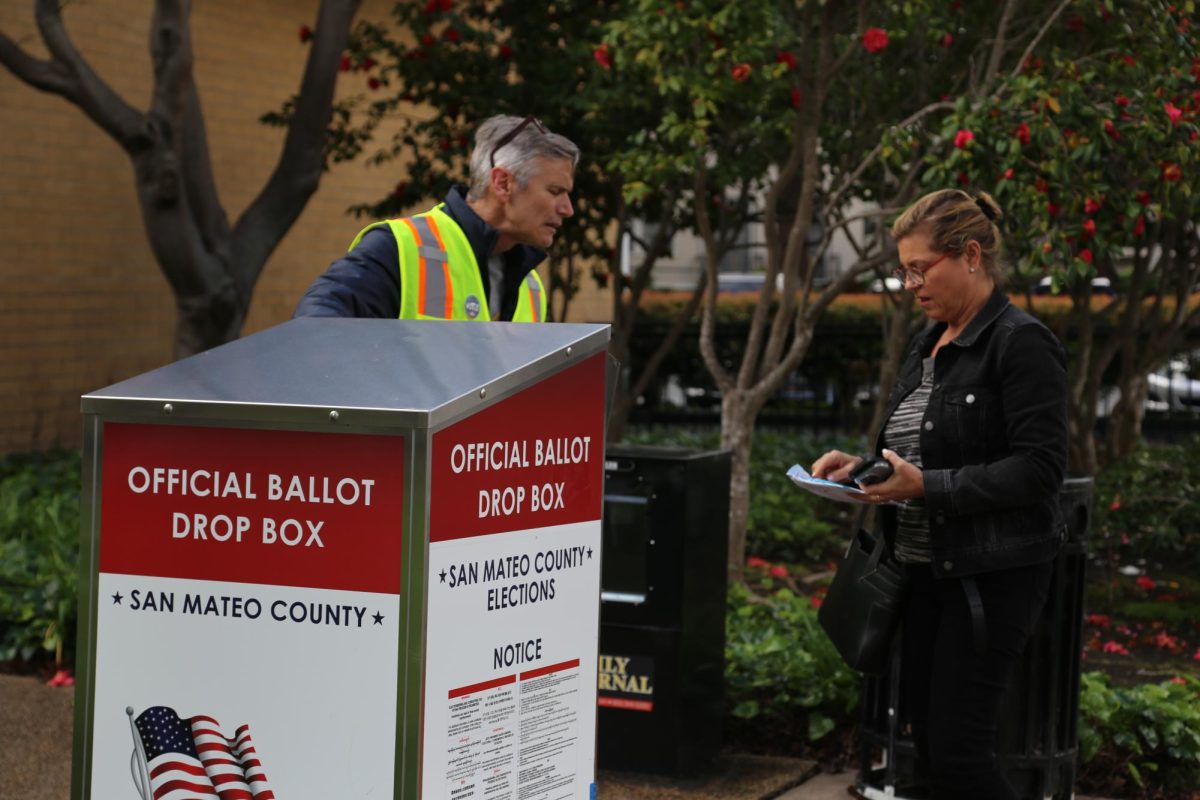
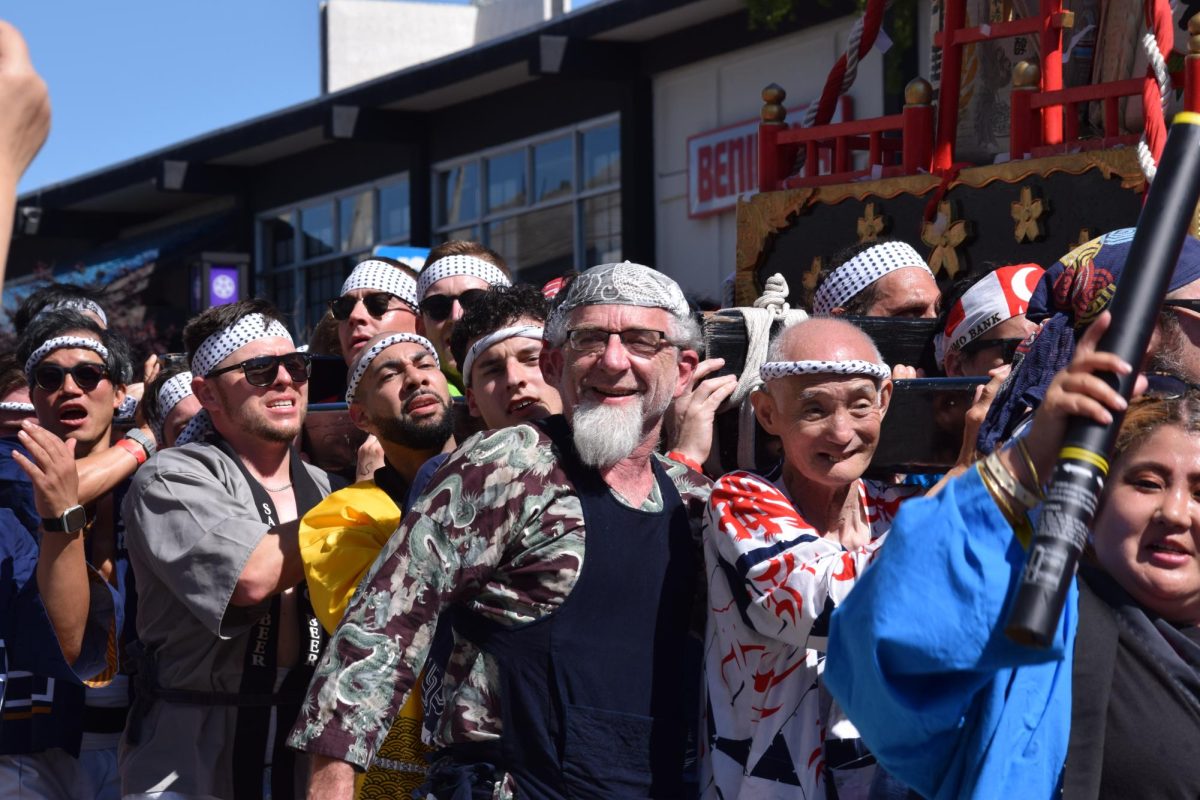

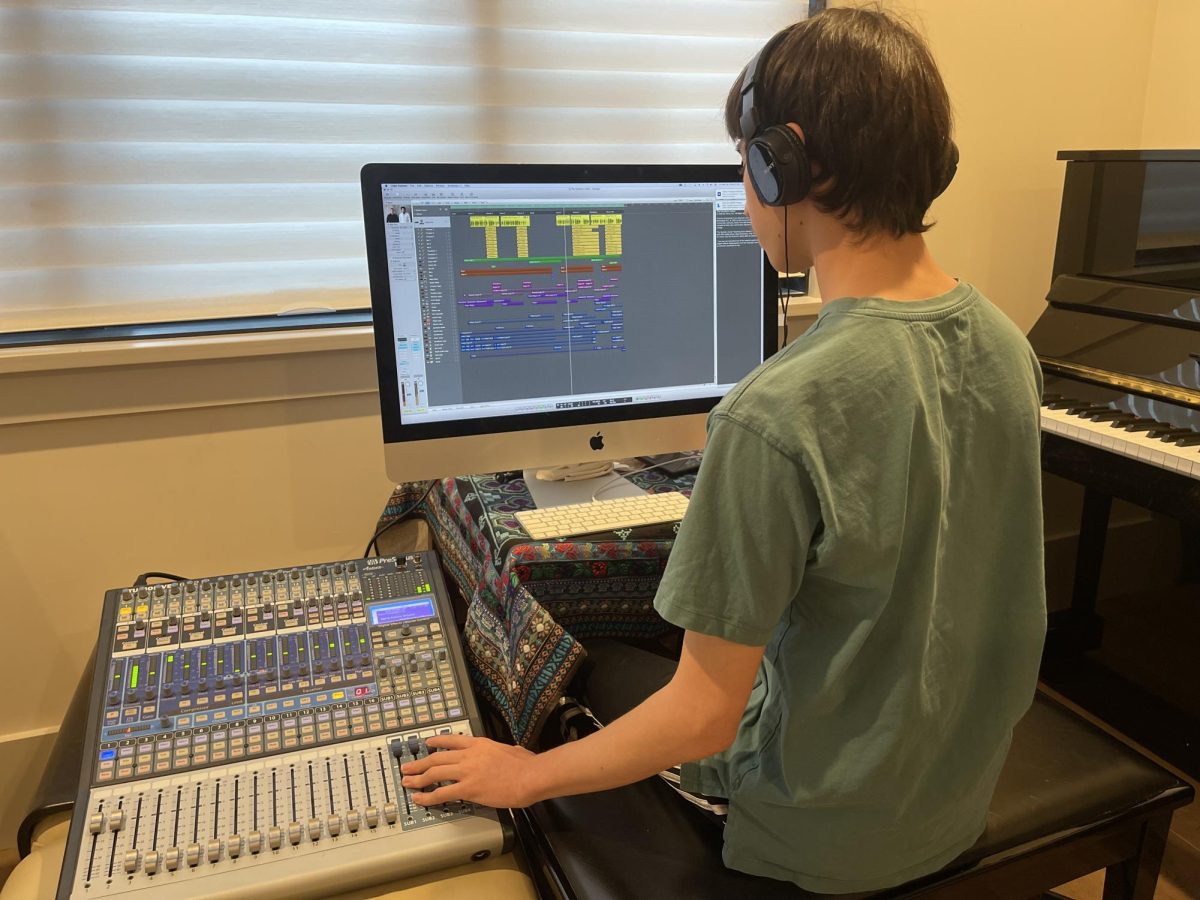
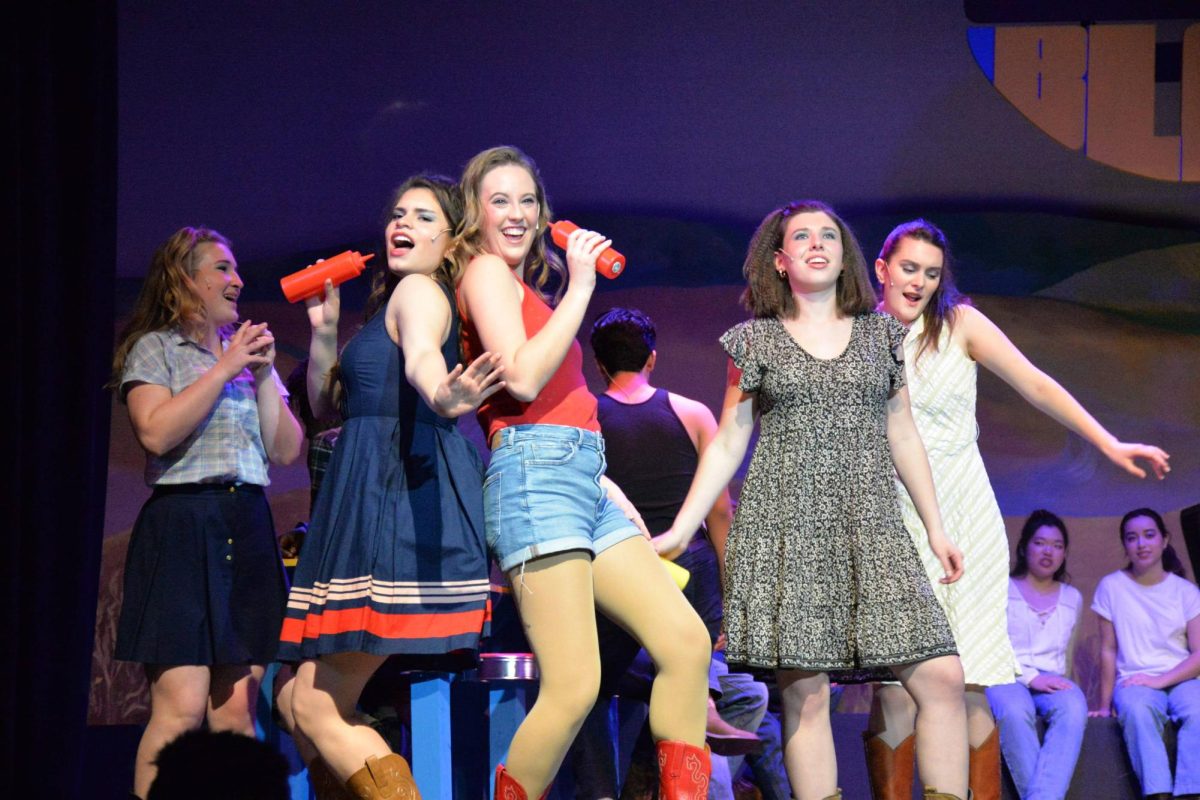
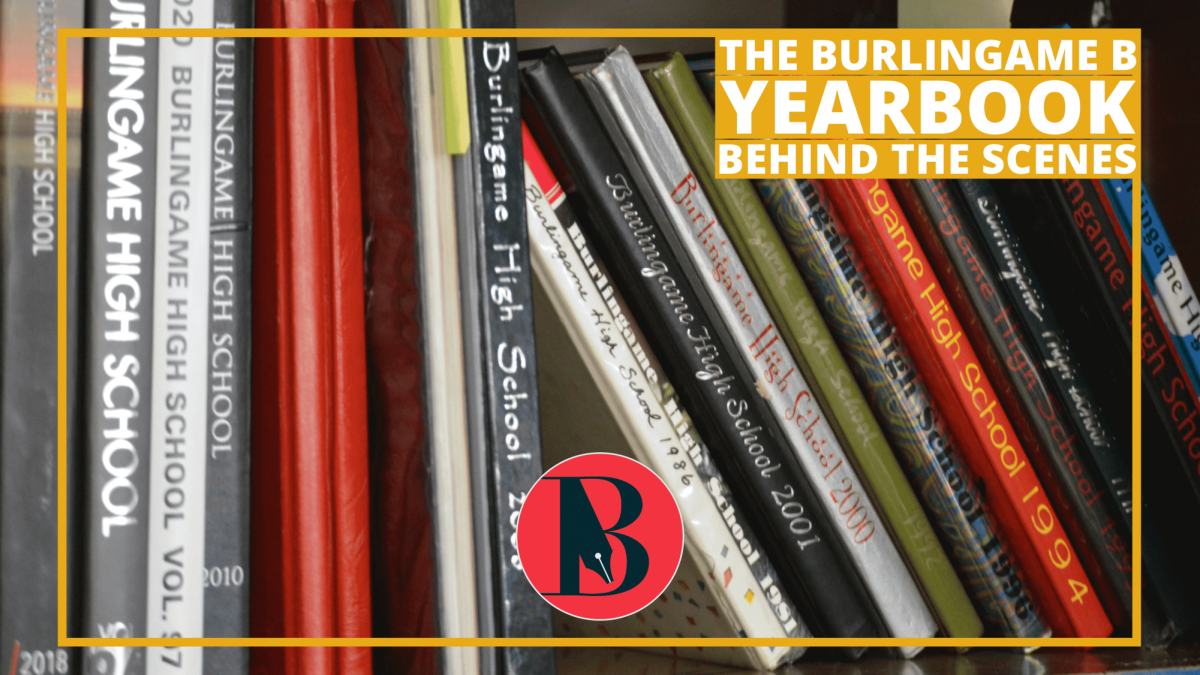
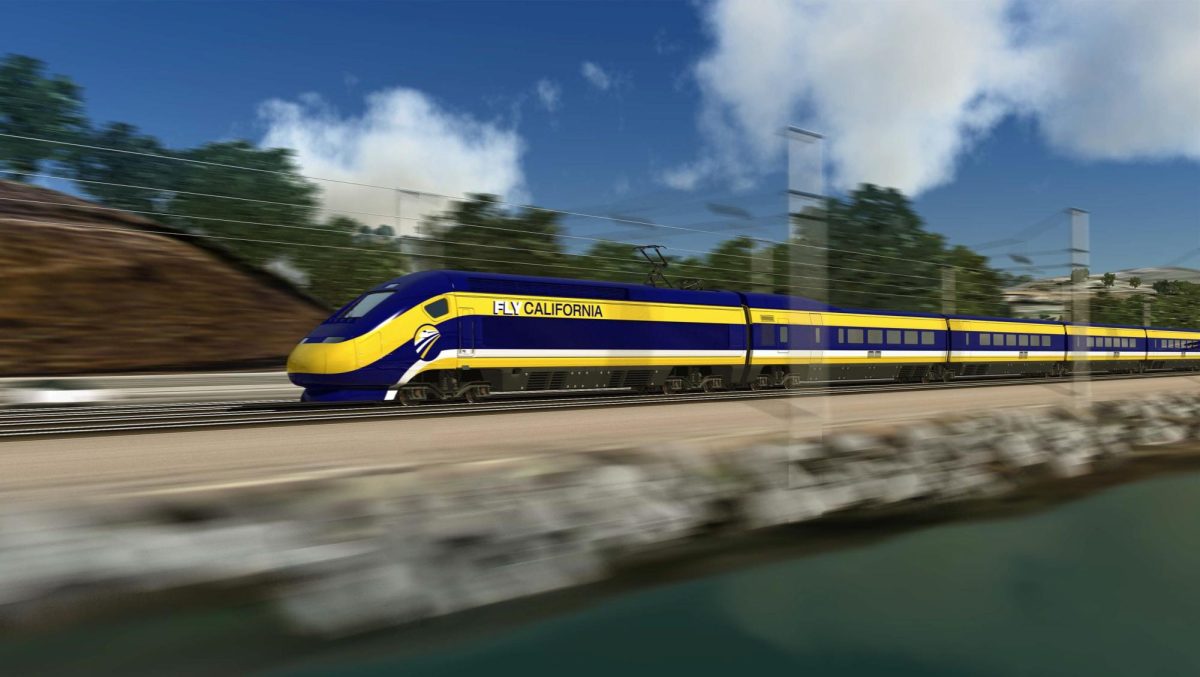




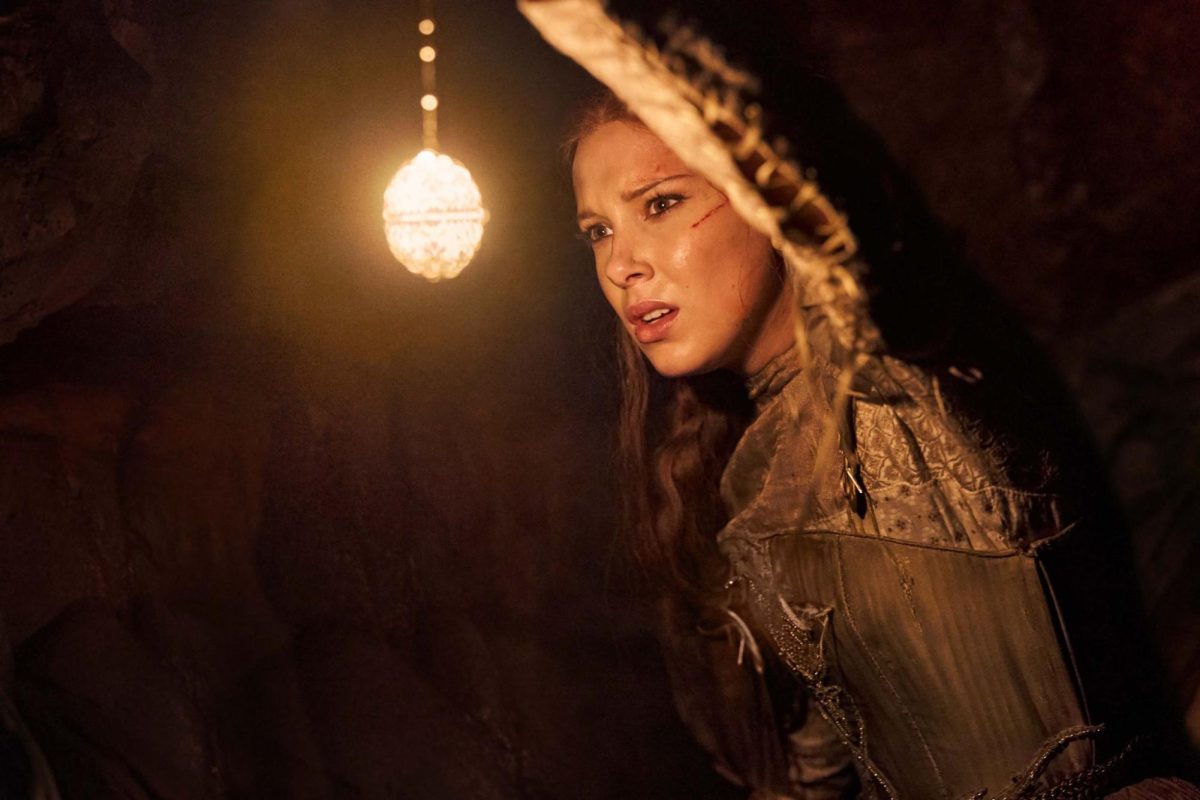
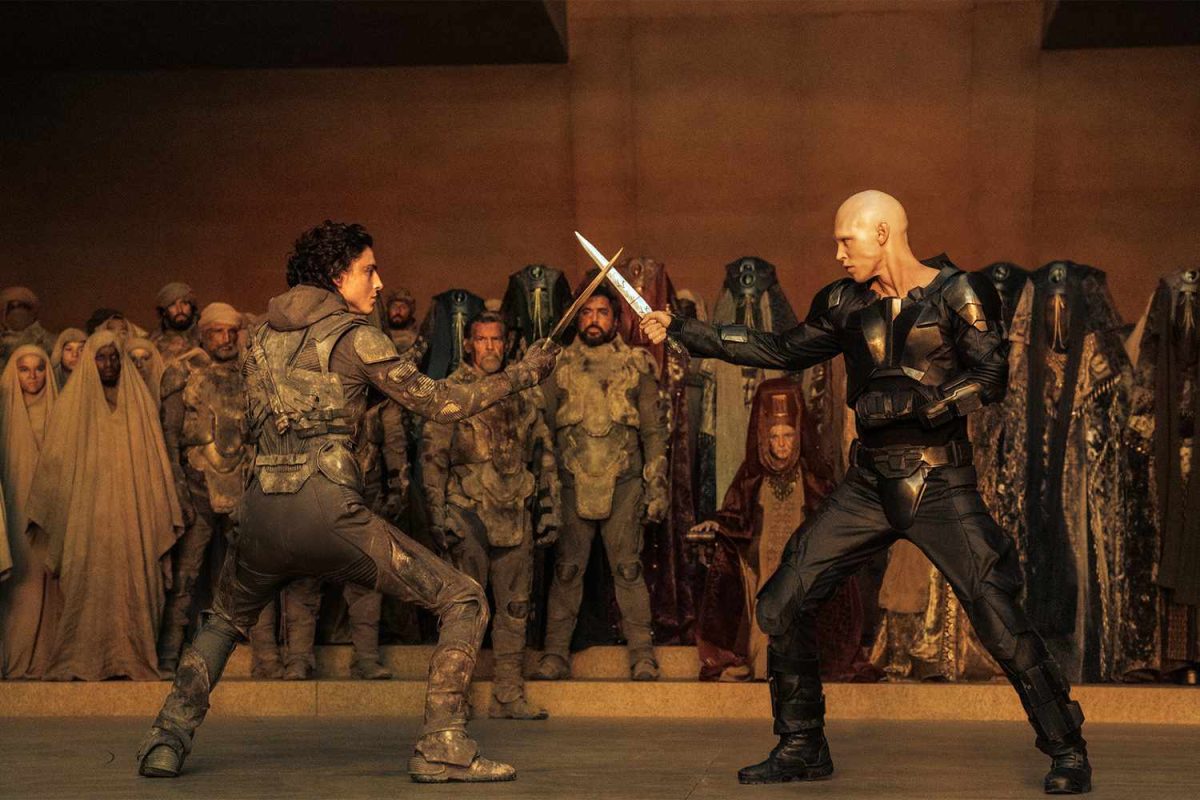
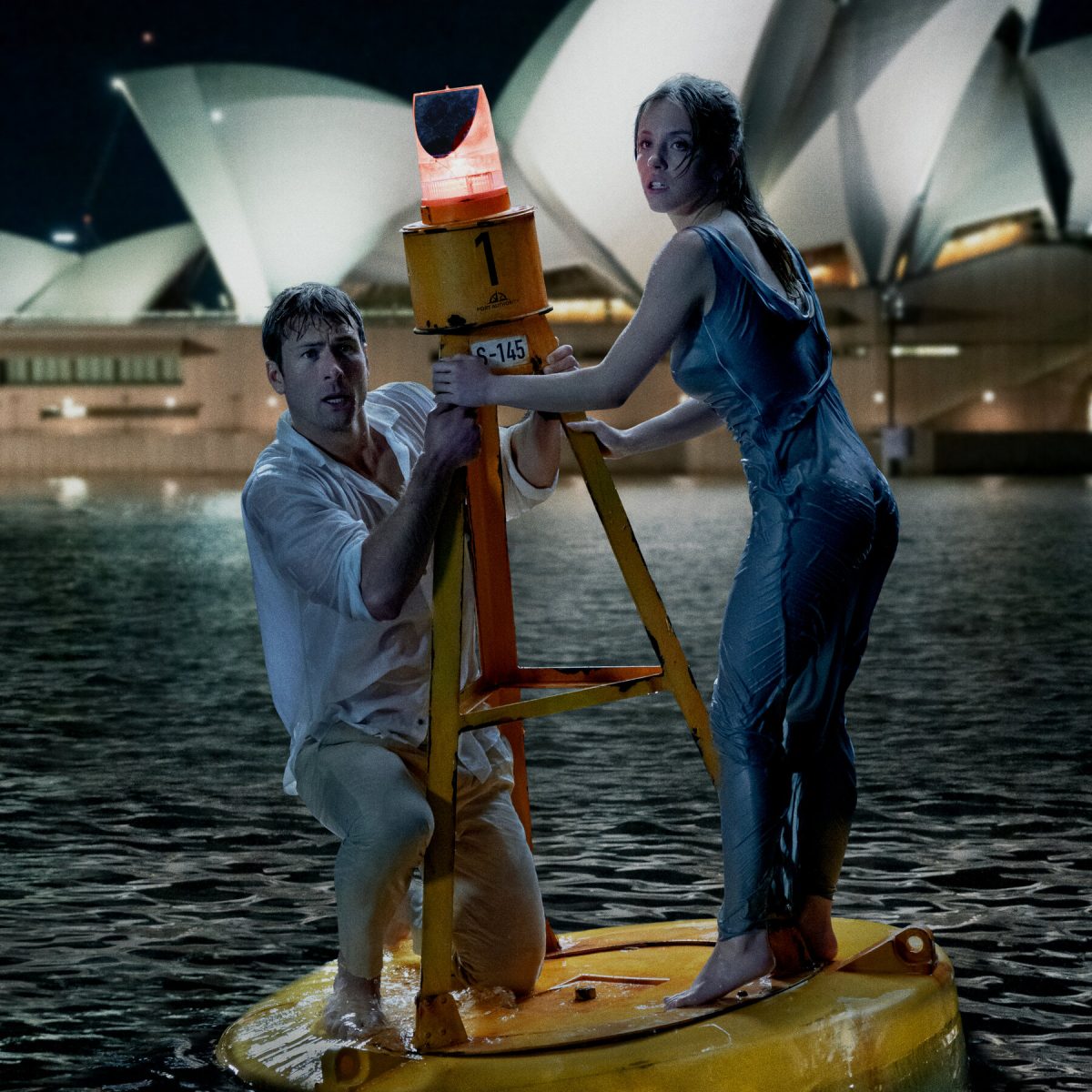
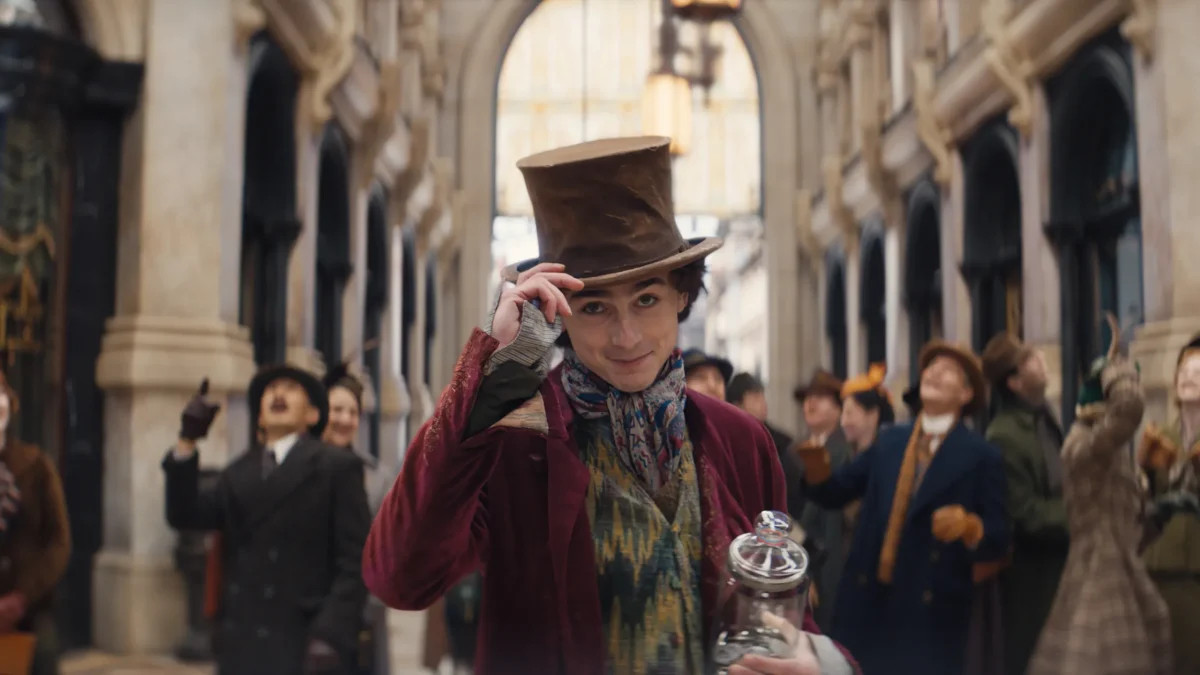

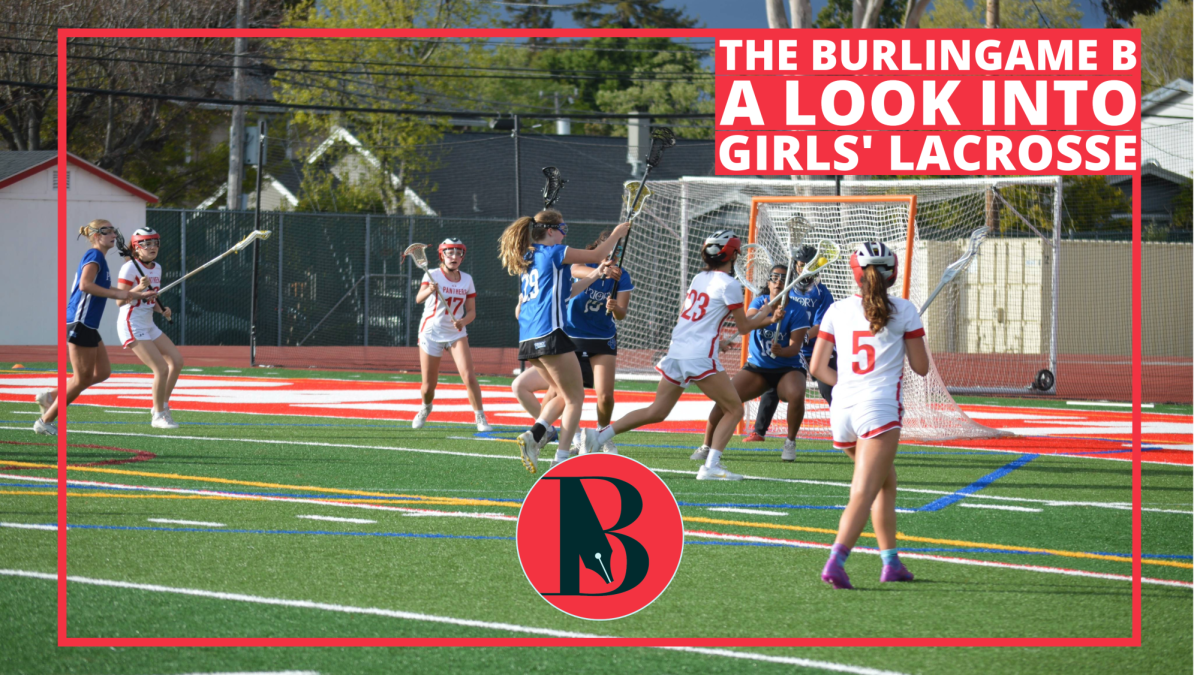
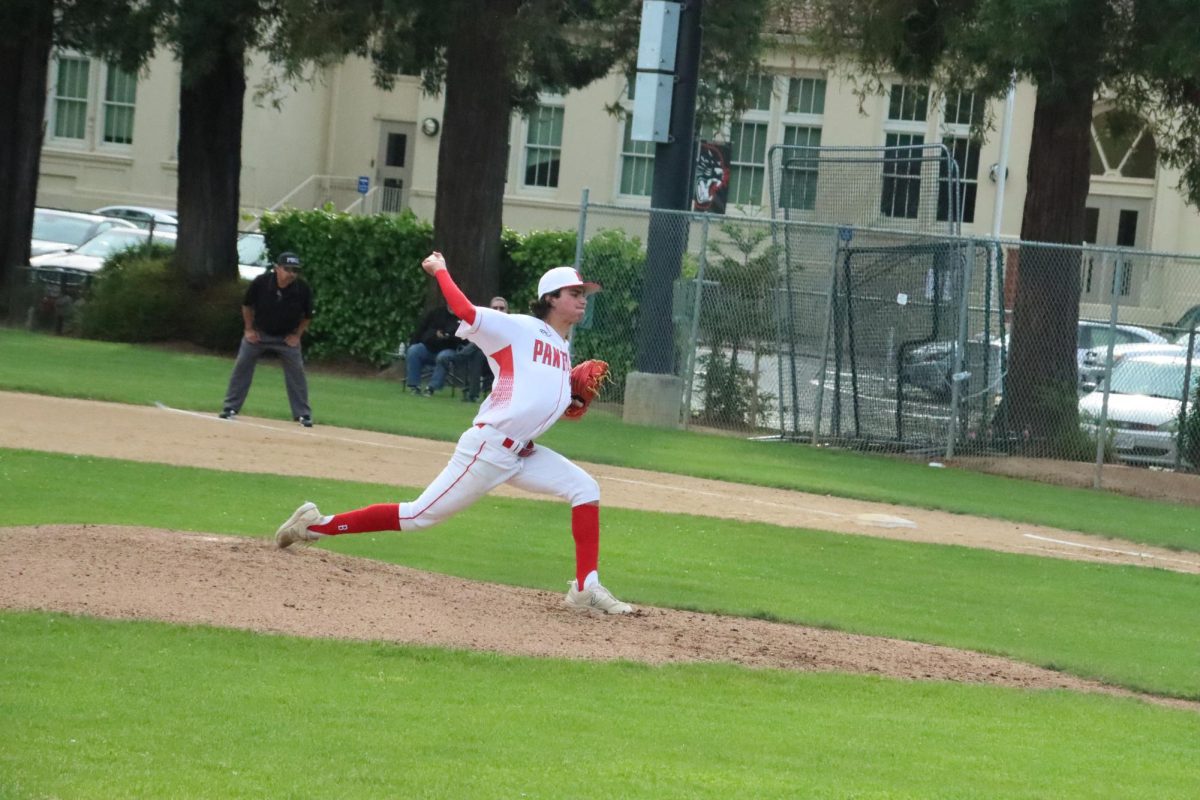



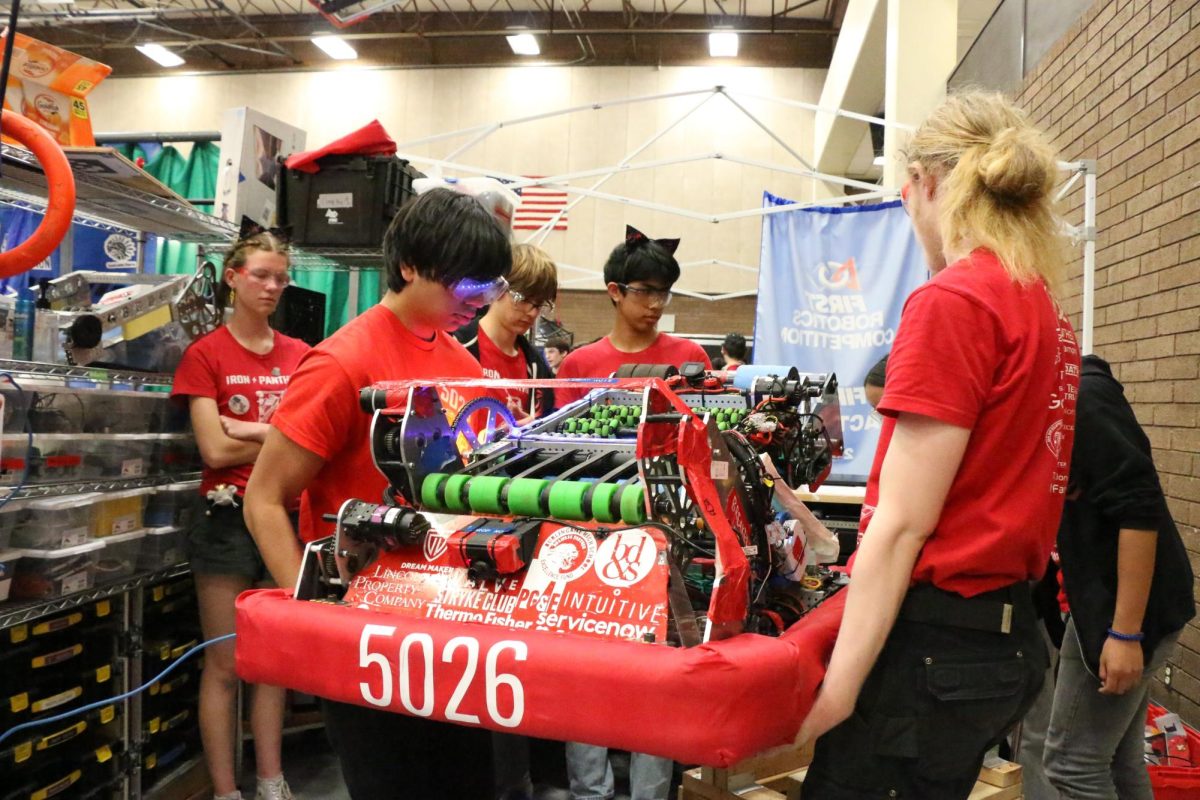
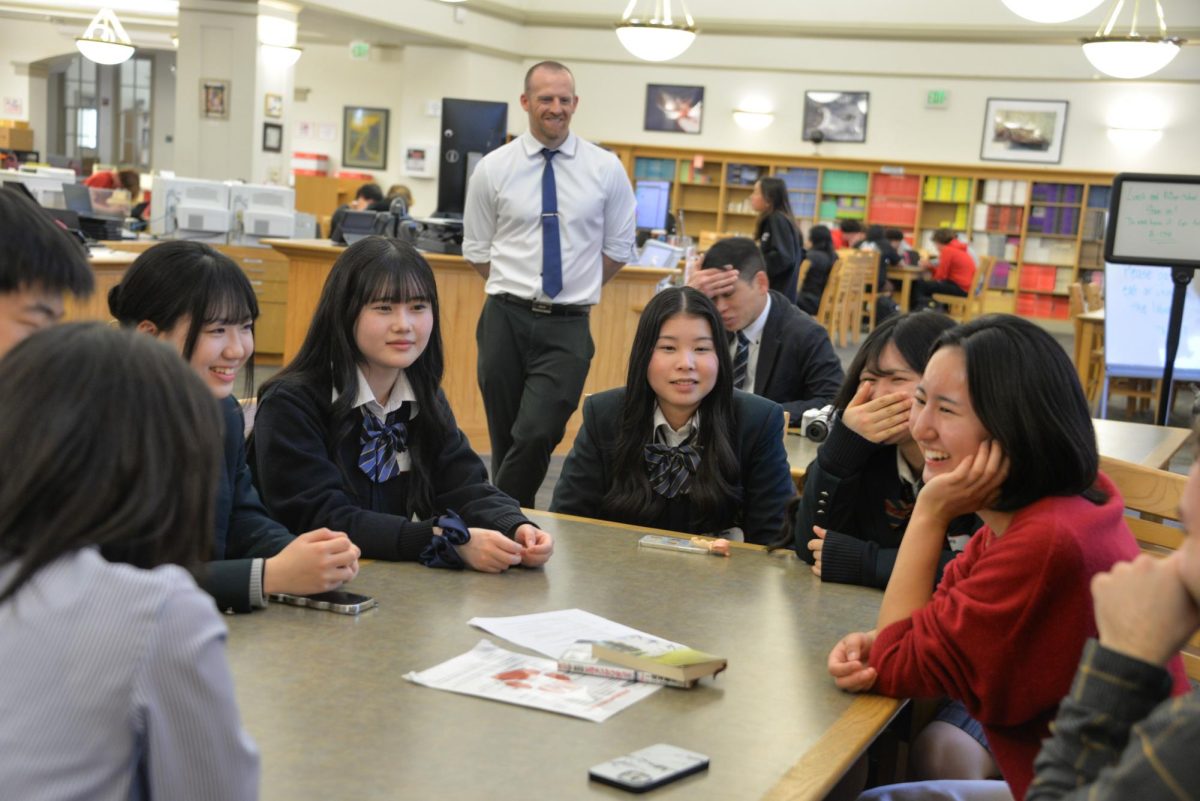
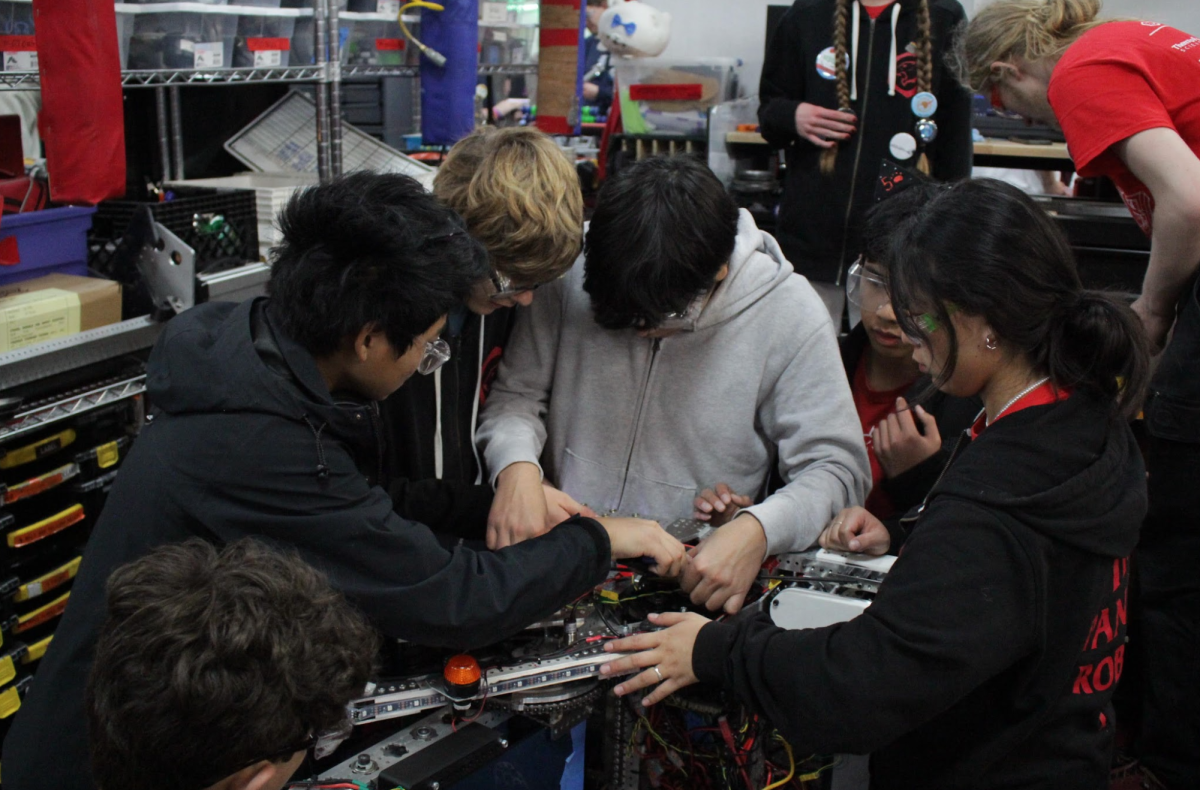
![“For me personally, I want [others] to see the music program as a strong union because we can really bring out the life of our school,” Vega said. “We need music, you know? Otherwise, things would be really silent and dead.”](https://theburlingameb.org/wp-content/uploads/2024/03/unnamed-1200x801.jpeg)





